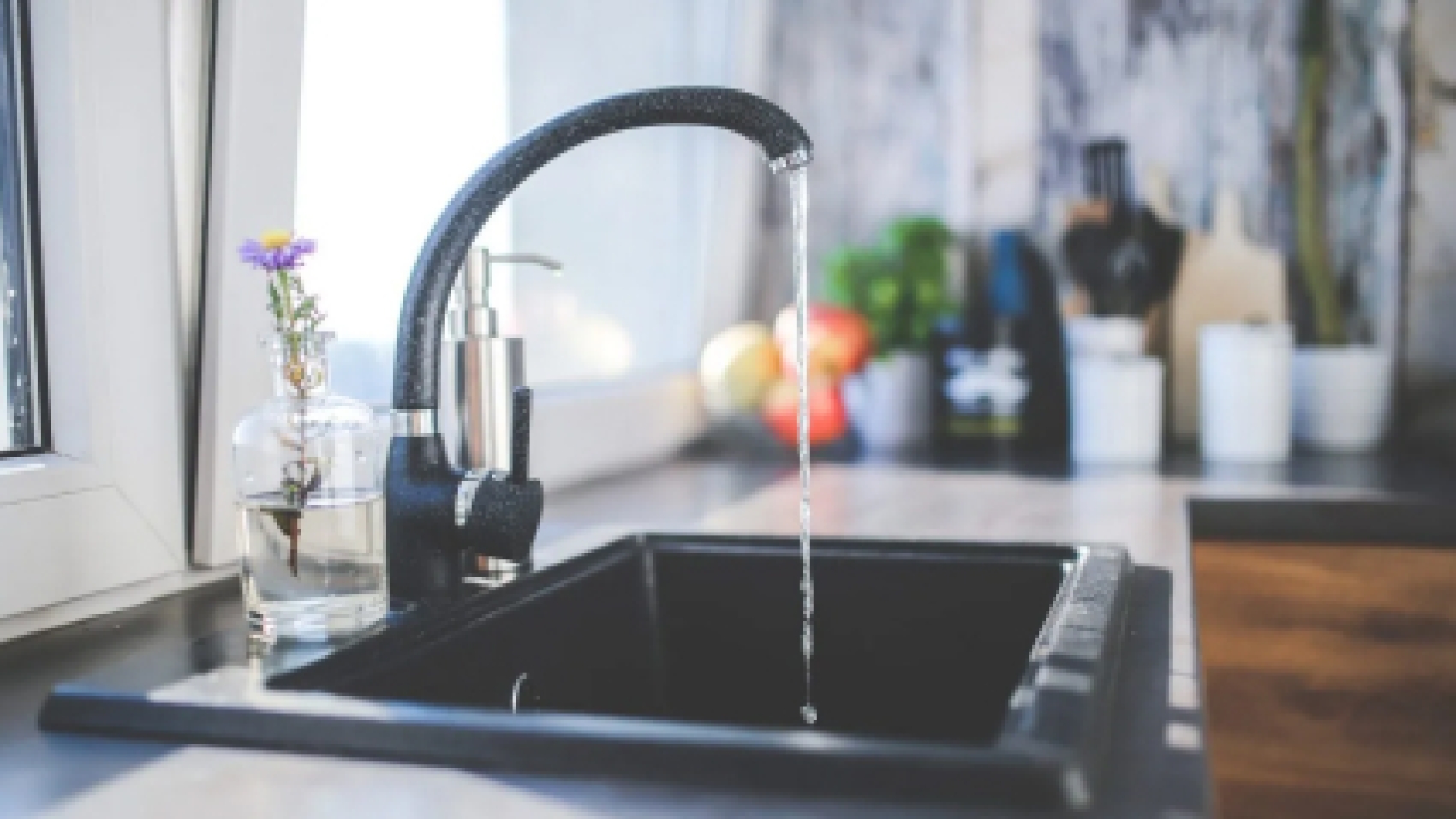Water conservation is becoming increasingly crucial as concerns about resource depletion and environmental sustainability grow. Implementing effective water-saving practices in your home not only reduces your ecological footprint but also can lead to significant cost savings on utility bills. Here’s a look at practical techniques and innovations for conserving water in modern homes.
1. Effective Ways to Reduce Water Usage in Your Daily Routine
Adopting mindful habits in your daily routine is one of the simplest and most impactful ways to conserve water. Start by incorporating practices such as shortening your shower time, turning off the tap while brushing your teeth, and fixing any leaks promptly. Use a broom instead of a hose to clean driveways and sidewalks, and only run dishwashers and washing machines with full loads. Additionally, consider capturing and reusing greywater from sinks and showers for watering plants. These everyday changes not only conserve water but also set an example for others, contributing to a broader culture of sustainability.
2. Innovative Technologies for Water-Saving in Modern Homes
Modern homes can greatly benefit from innovative technologies designed to enhance water efficiency. Smart irrigation systems, for example, adjust watering schedules based on weather conditions and soil moisture levels, preventing over-watering and conserving water. Low-flow toilets and showerheads are another technological advancement that significantly reduces water usage without compromising performance. Additionally, rainwater harvesting systems collect and store rainwater for use in irrigation and other non-potable applications. These technologies not only support conservation efforts but also provide practical solutions for integrating water efficiency into daily life.
3. How to Implement Water-Efficient Fixtures and Appliances
Upgrading to water-efficient fixtures and appliances is a key strategy for reducing water consumption in the home. Water-efficient fixtures include low-flow faucets, showerheads, and dual-flush toilets that use less water compared to traditional models. When choosing appliances, opt for those with the WaterSense label, indicating they meet high-efficiency standards. For example, high-efficiency washing machines and dishwashers use less water per cycle while still delivering excellent performance. Implementing these fixtures and appliances not only conserves water but also reduces energy consumption, as many water-efficient models are designed to minimize both water and energy usage.
4. Tips for Creating a Water-Conscious Landscaping Plan
Landscaping plays a significant role in a home’s overall water usage. Designing a water-conscious landscaping plan involves selecting drought-tolerant plants that require minimal irrigation, reducing lawn areas, and using mulch to retain soil moisture. Incorporate features like rain gardens or permeable paving to manage runoff and enhance water absorption. Implementing drip irrigation systems for targeted watering ensures that plants receive the appropriate amount of water directly at their roots, reducing waste. Additionally, consider using native plants that are adapted to local climate conditions and require less water and maintenance. A well-designed landscape not only conserves water but also enhances the aesthetic appeal of your home.
Conclusion
Water conservation is a critical aspect of sustainable living, and modern homes have numerous opportunities to reduce water usage through practical techniques and innovative solutions. By adopting simple daily habits, leveraging advanced technologies, upgrading to water-efficient fixtures, and planning water-conscious landscapes, homeowners can significantly decrease their water consumption and contribute to environmental sustainability. Embracing these water-saving practices not only benefits the planet but also results in long-term savings on utility costs and enhances the overall quality of life. By taking proactive steps in water conservation, we can all play a part in preserving this vital resource for future generations.


Add a Comment